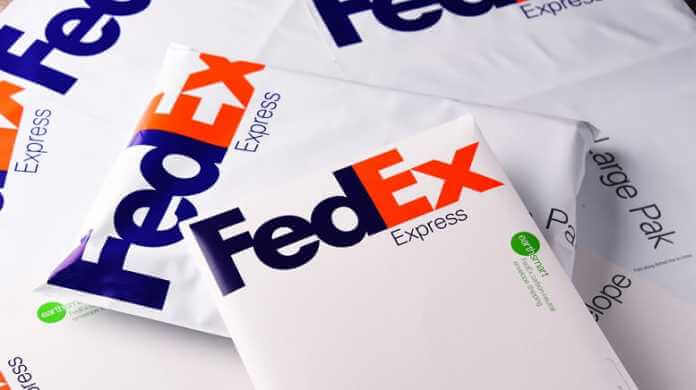After FedEx Corporation (NYSE: FDX) dropped its full-year profit prediction last week, investors lost faith in the new CEO’s ability to bring about the transportation company’s long-awaited turnaround, causing the stock to plunge.
FedEx Corporation, based in Tennessee, built goodwill by announcing a stronger-than-expected full-year earnings prediction and increasing its dividend payment when Raj Subramaniam succeeded founder Fred Smith as CEO in June.
Investors were dismayed by its earnings warning on September 15, which added to their frustration over last year’s excessively optimistic prediction for the holiday shopping season. Investors’ doubts about FedEx’s forecasting skills caused FedEx’s share price to drop more than 28% at the end of that trading week from where it was on Subramaniam’s first day as CEO.
Gary Bradshaw made the statement. “You can’t say things are fine, issue guidance, boost the dividend, and then blow shareholders to smithereens,” he added.
FedEx Corporation (NYSE: FDX) said it would hold a conference call after the market closed on Thursday to go over the prognosis for the world economy and the results for the quarter ending on August 31.
Reuters interviewed Bradshaw and five other investors. They acquired FedEx stock because they thought it would do well and be more profitable than its rival, United Parcel Service. Now, it feels more distant than they had thought for them to realize that vision.
Most investors, including one who reduced his ownership significantly in January, continue to think FedEx Corporation (NYSE: FDX) can eventually increase earnings by selling off assets, cutting expenses, and integrating its separately run Express and Ground companies.
However, patience is running out, particularly when UPS executives stayed true to their projections this month.
When asked if the warning from last week made him less confident in FedEx’s new CEO, Bradshaw responded, “100%. I regret not owning more UPS and neglecting FedEx.” According to Bradshaw, the company has about 15,000 shares spread among accounts.
The Good and the Bad for FedEx Corporation
Investors concur that the economy is deteriorating due to declining e-commerce demand, rising inflation, and intermittent COVID lockdowns in China. But most people think FedEx caused most of its problems by failing to ground planes, closing corporate offices, and quickly cutting back on needless employee hours to counteract the slump.
“The declining profitability is inconsistent with the revenues’ more small shortfall. The statistics don’t stack up completely, “According to David Katz, chief investment officer at White Plains, New York-based Matrix Asset Advisors, which owns around 58,000 shares of FedEx,
Katz is still optimistic about FedEx’s long-term prospects, but he and other investors want to hear officials explain what went wrong and what they plan to do about it on Thursday.
The decline at FedEx Express, where a collapsing global e-commerce bubble has hit demand for profitable shipments from Asia and where the company has a more significant footprint than UPS, has drawn the attention of analysts and investors.
Amit Mehrotra, a Deutsche Bank analyst, calculated that FedEx’s announcement last week that first-quarter Express revenue would shrink by $500 million would result in a comparable decline in profit. The one-for-one fall showed a “concerning failure” to manage expenses, he claimed in a research report.
The good news was that the information made FedEx’s difficulties clear. It’s “so horrible, and it’s excellent” because it makes it even more apparent that a much more radical makeover is required, according to Mehrotra.
Additionally, FedEx Corporation (NYSE: FDX) disclosed last week that it was experiencing difficulties with its Express service in Europe, where its pricey and problematic TNT integration has already lasted seven years since the merger was finalized in 2016.
FedEx Corporation warned that the current quarter’s business circumstances would deteriorate as the crucial Christmas package delivery season gets underway. The end-of-year holiday shopping season has been clouded by signs from FedEx and other players in the global shipping sector.
FedEx Corporation predicted that its U.S. Ground delivery division’s first-quarter revenue would fall $300 million short of company objectives. Last year, the business underestimated growth for the Christmas season of 2021, harming its relationships with independent delivery contractors and raising concerns among investors about FedEx’s capacity to predict demand accurately.
FedEx Corporation assured Reuters late last month that their “stress tested” holiday prediction for this year was accurate.
Trip Miller, managing director at the hedge firm Gullane Capital Partners in Memphis, suggested not holding FedEx responsible for its errors but locking in profits by selling more than 90% of his shares in January when he noticed signs of demand eroding.
He remarked, “They don’t turn this ship quickly.
Image: DepositPhotos © monticello.jpg















